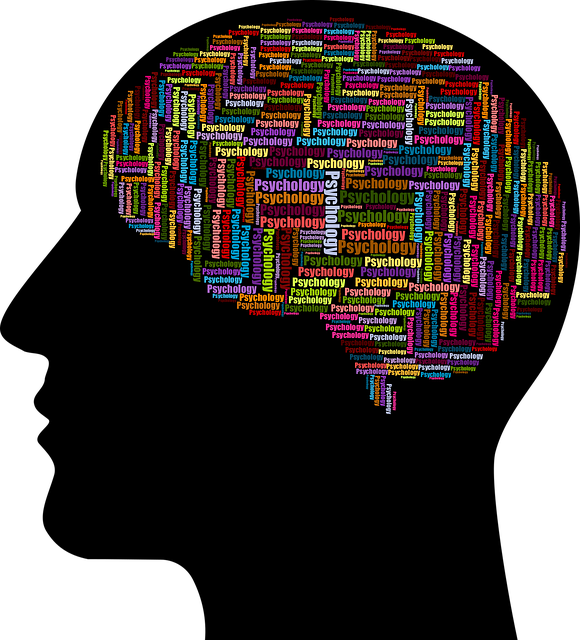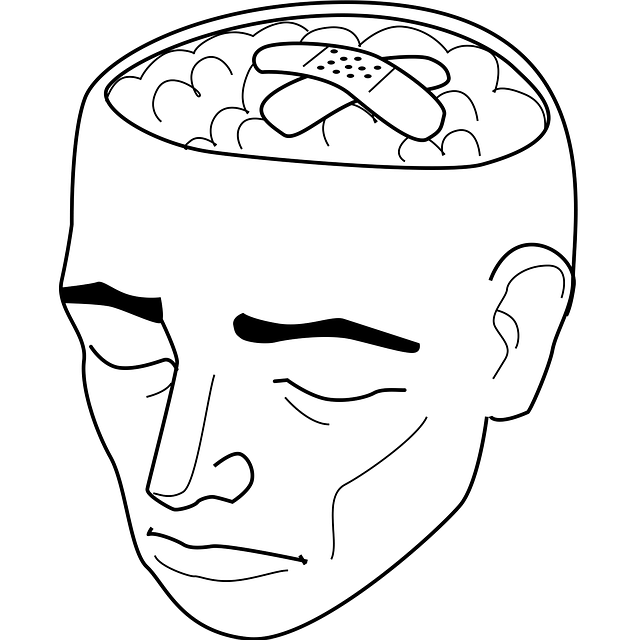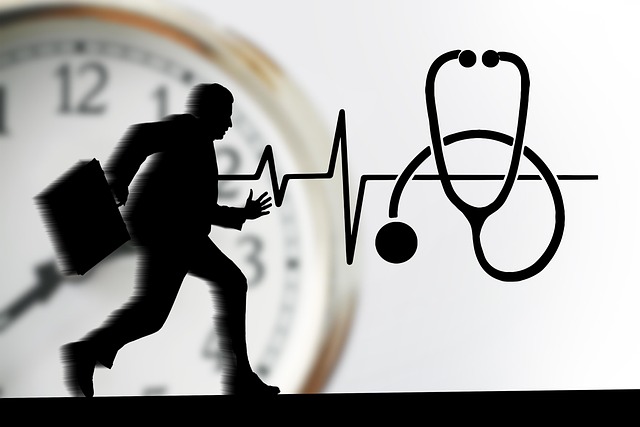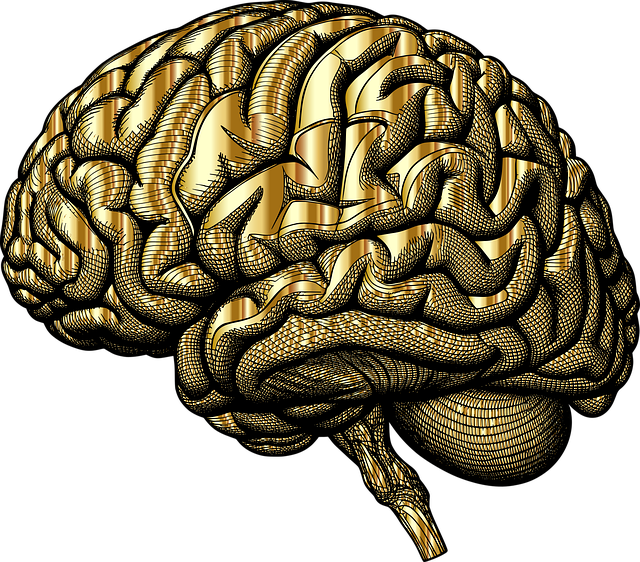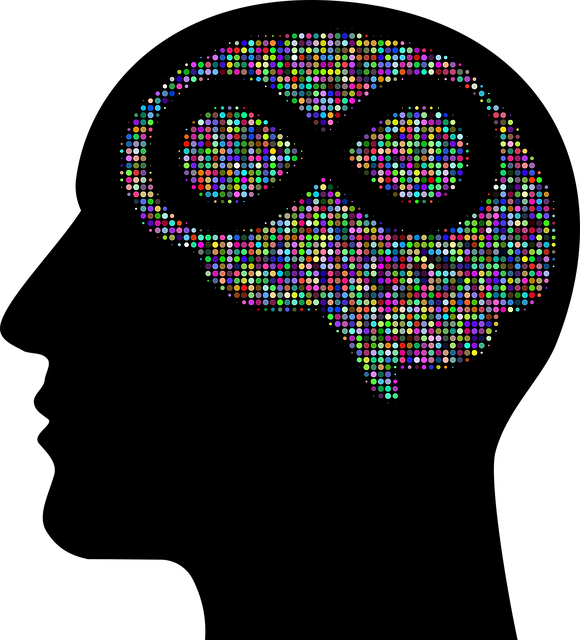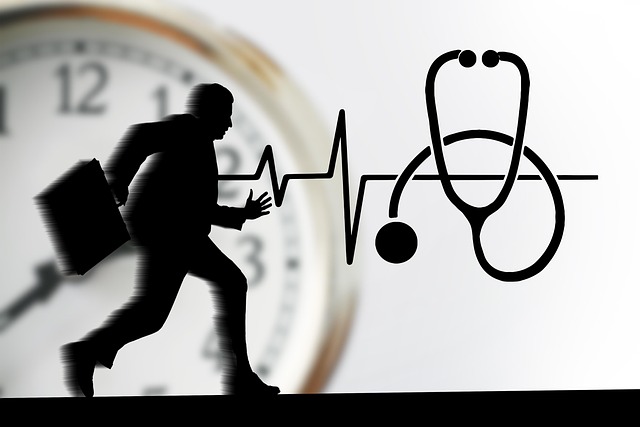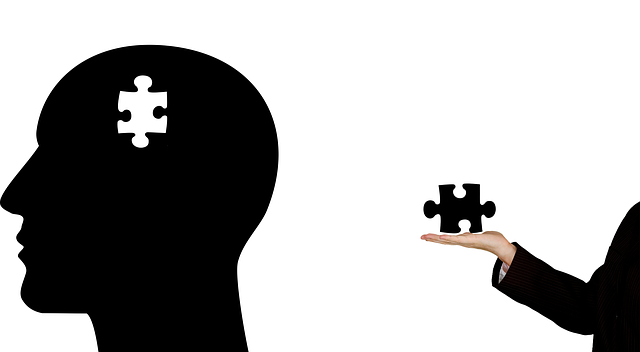TL;DR:
Adolescents with dissociative disorders require specialized therapy, focusing on CBT and EMDR for symptom management. Positive thinking exercises, integrating gratitude and optimism, empower teens to reduce anxiety and promote emotional stability. Structured exercise routines combine physical activity, mindfulness, and journaling for comprehensive wellness. Mindfulness and gratitude practices, integrated into daily life, enhance mood management and reframing negative thoughts. Journaling tracks progress, boosting self-awareness; therapy combining journaling and mindfulness offers a holistic approach for healing dissociative disorders in adolescents.
“Positive thinking exercises offer a promising therapeutic approach for adolescent teens suffering from dissociative disorder, a condition that can lead to severe mental health challenges. This article explores the transformative power of positive thinking in healing young minds. We delve into structured routines, mindfulness techniques, and gratitude practices tailored for adolescents. By incorporating these strategies, parents and caregivers can support their teens’ mental well-being. Through tracking progress and celebrating small wins, this holistic approach empowers teens to manage symptoms and build resilience.”
- Understanding Dissociative Disorder in Adolescent Teens
- The Power of Positive Thinking for Youth Healing
- Creating a Structured Exercise Routine for Mental Well-being
- Incorporating Mindfulness and Gratitude Practices
- Tracking Progress and Celebrating Small Wins
Understanding Dissociative Disorder in Adolescent Teens

Dissociative Disorder among adolescent teens is a complex mental health challenge that often requires specialized therapy for effective management. This disorder, characterized by a disconnection from reality and one’s own feelings, can manifest as a coping mechanism in response to severe trauma. In many cases, adolescents may experience flashbacks, depersonalization, or dissociation as a way to distance themselves from painful memories. Recognizing these symptoms early is crucial, as it allows for timely intervention using evidence-based therapies like cognitive behavioral therapy (CBT) and eye movement desensitization and reprocessing (EMDR).
The implementation of positive thinking exercises alongside traditional therapy can significantly contribute to the emotional well-being promotion techniques for these teens. By teaching them communication strategies to express their feelings, therapists can help adolescents process traumatic experiences safely. Crisis intervention guidance tailored to dissociative disorders is essential in providing support during triggers or episodes. Through individualized approaches, professionals can empower teens to regain a sense of control and integrate different aspects of their identity, fostering resilience and improving overall mental health outcomes.
The Power of Positive Thinking for Youth Healing

The power of positive thinking is a transformative tool for young individuals, especially those facing challenges like dissociative disorders. For adolescent teens struggling with this condition, negative thought patterns can be all-encompassing and detrimental to their mental wellness. Implementing positive thinking exercises offers a promising avenue for therapy, helping them develop healthier coping skills. By encouraging a focus on gratitude, reframing negative thoughts, and fostering a more optimistic outlook, these exercises aim to reduce symptoms of anxiety and promote emotional stability.
This approach allows teens to gain a sense of control over their thoughts and emotions, which is particularly crucial in managing dissociative disorder symptoms. Positive thinking can help them navigate the hustle and bustle of daily life with enhanced resilience, enabling better stress management and overall anxiety relief. As they learn to recognize and challenge negative thought cycles, adolescents may find themselves more equipped to face challenges head-on, fostering a sense of empowerment and self-efficacy.
Creating a Structured Exercise Routine for Mental Well-being

Creating a structured exercise routine is a powerful tool for promoting mental wellness, especially for adolescents navigating dissociative disorders. This approach can be tailored to individual needs and preferences, offering a sense of control and agency over one’s mental health journey. A typical routine might include a combination of physical activities like yoga or walking, mindfulness practices such as meditation or deep breathing exercises, and cognitive strategies like journaling or positive affirmation techniques.
For teens with dissociative disorders, this structured approach can enhance resilience building and serve as a form of therapy. It encourages consistent engagement in healthy habits that support mental wellness, which is particularly beneficial for those who may struggle with symptoms outside of clinical settings. Additionally, the routine can be designed to incorporate cultural competency training elements, ensuring activities resonate with personal beliefs and backgrounds, fostering a deeper connection to the practice and enhancing overall effectiveness.
Incorporating Mindfulness and Gratitude Practices

Incorporating mindfulness and gratitude practices into daily routines can be a powerful tool for Therapy for Adolescent Teens Dissociative Disorder. These techniques encourage individuals to focus on the present moment, fostering a sense of calm and reducing symptoms associated with dissociation. By practicing mindfulness, teens can learn to observe their thoughts and emotions without judgment, promoting better mood management and inner strength development.
Additionally, expressing gratitude through journaling or simple reflections allows for a shift in perspective, where individuals acknowledge positive aspects of their lives. This practice aligns with Mind Over Matter principles, helping teens to reframe negative thought patterns and cultivate a more optimistic outlook. Such exercises not only enhance overall well-being but also provide effective coping mechanisms for managing symptoms of dissociative disorders.
Tracking Progress and Celebrating Small Wins

Tracking progress is a vital component of any positive thinking exercise, especially for adolescents navigating dissociative disorders. Encouraging teens to maintain a mental wellness journal can be an effective tool in therapy. By documenting their daily thoughts and feelings, they gain valuable insights into their emotional patterns and triggers. This practice allows them to identify areas where positive thinking interventions have been most beneficial, fostering self-awareness and empowerment. Celebrating small wins—whether it’s overcoming a fear or replacing negative thoughts with more constructive ones—is essential to maintaining momentum. Therapists can guide adolescents in recognizing these achievements by regularly reviewing their journals, offering encouragement, and providing tailored guidance for further growth.
Incorporating mindfulness meditation into the positive thinking exercise regimen can enhance overall mental wellness for teens with dissociative disorders. Mindfulness practices encourage present-moment awareness, helping to ground individuals when dealing with dissociation symptoms. With regular practice, adolescents may find it easier to stay focused and engaged in their therapy journey. By combining journaling exercises and mindfulness meditation, therapists offer a comprehensive approach that addresses both the cognitive and emotional aspects of healing—a particularly beneficial strategy for adolescent patients.
Positive thinking exercises, tailored for adolescents with dissociative disorder, offer a promising path towards healing. By incorporating structured routines, mindfulness, and gratitude practices, teens can develop healthy coping mechanisms and improve their mental well-being. Regular tracking of progress and acknowledging small wins further reinforce this journey. This holistic approach, when coupled with appropriate therapy for adolescent teens with dissociative disorder, can lead to significant positive outcomes and a brighter future.
